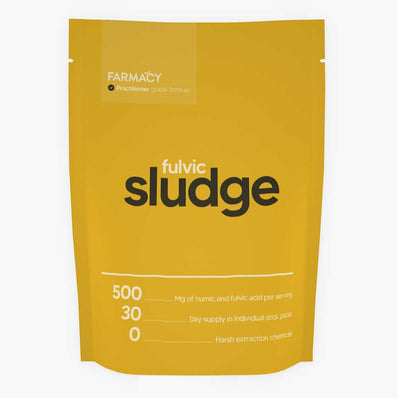OAT - Organic Acids test
81 ratingsCheck for fungal colonization, candida, clostridia, mitochondria and so much more... Read More
CAN
Description
Note: This is the OAT from Mosaic Diagnostic (Great Plains Lab), not Vibrant America (Matt's video says 'Vibrant' from previous OAT, but collection is same).
An OAT (Organic Acids Test), simply put, is the measuring of your body's 'exhaust' to find out how your 'engine' is running. What we find in your urine tells us about the status of many important factors.
View a sample OAT report here
What do we measure in the OAT?
The Organic Acids test has 11 sub panels and measures data on 76 metabolic markers. The categories that we test are:
- Intestinal microbial overgrowth
- Indicators of detoxification
- Mitochondrial markers
- Neurotransmitter markers
- Ketone and fatty acid oxidation
- Nutritional markers
- Amino acid metabolites
- Oxalate metabolites
- Glycolytic metabolites
- Pyrimidine metabolites
- Mineral metabolites
The data from these 76 tests can provide insight on underlying causes of health conditions. The test results can bring attention to imbalances, toxicity, infections, absorption, inflammation and more. Without this data, it may be hard to pinpoint where the issues are arising from in the body.
Who may need this OAT?
People with the following symptoms may benefit from the data found in an organic acids test.- Mental and/or developmental delay
- Fatigue and weakness
- Depression and/or anxiety
- Dizziness
- Mood swings
- Difficulty concentrating
- Nausea
- Sleep problems
- Slowed reaction time
- Poor memory
- Headache
- Hyperactivity
- Digestive problems
- Abdominal pain
- Unexplained weight gain/loss
- Dermatitis
- Immune deficiency
- Anemia
- Hearing, speech, or visual impairment
Why do people worried about mold use the OAT?
The OAT can offer great insight into fungal colonization in the body. Not just candida, but also some specific molds from water damaged buildings. If we see high metabolites of Aspergillus or Fusarium we know there could be a big issue with mold. We would then also complete a Mycotoxins lab to see if the body is harboring mycotoxins.
If there is colonization we would delve into anti-fungal herbal complexes while integrating a proper layered approach to binders.
Are there any conditions that commonly run an OAT?
This is a common lab for any chronic condition, including, but not limited to:
- Lyme
- Mold illness
- Gut issues
- PANS/PANDAS
- ADD/ADHD
- Autism
- IBS
- Crohn's
- Colitis
- Sleep disorders
- POTS
- Fatigue
Sample collection tips
10 mL of first morning urine before food or drink is suggested. Patients should avoid apples, grapes (including raisins), pears, cranberries and their juices 48 hours prior to specimen collection. Avoid arabinogalactan, echinacea, reishi mushrooms, and ribose supplements for 48 hours before collection.Avoid other moldy foods like peanuts, peanut butter, fermented drinks, etc.
Further instructions will come with kit.
If you need a consultation before ordering to understand the lab better or to have your questions answered, book a consultation with Matt.










